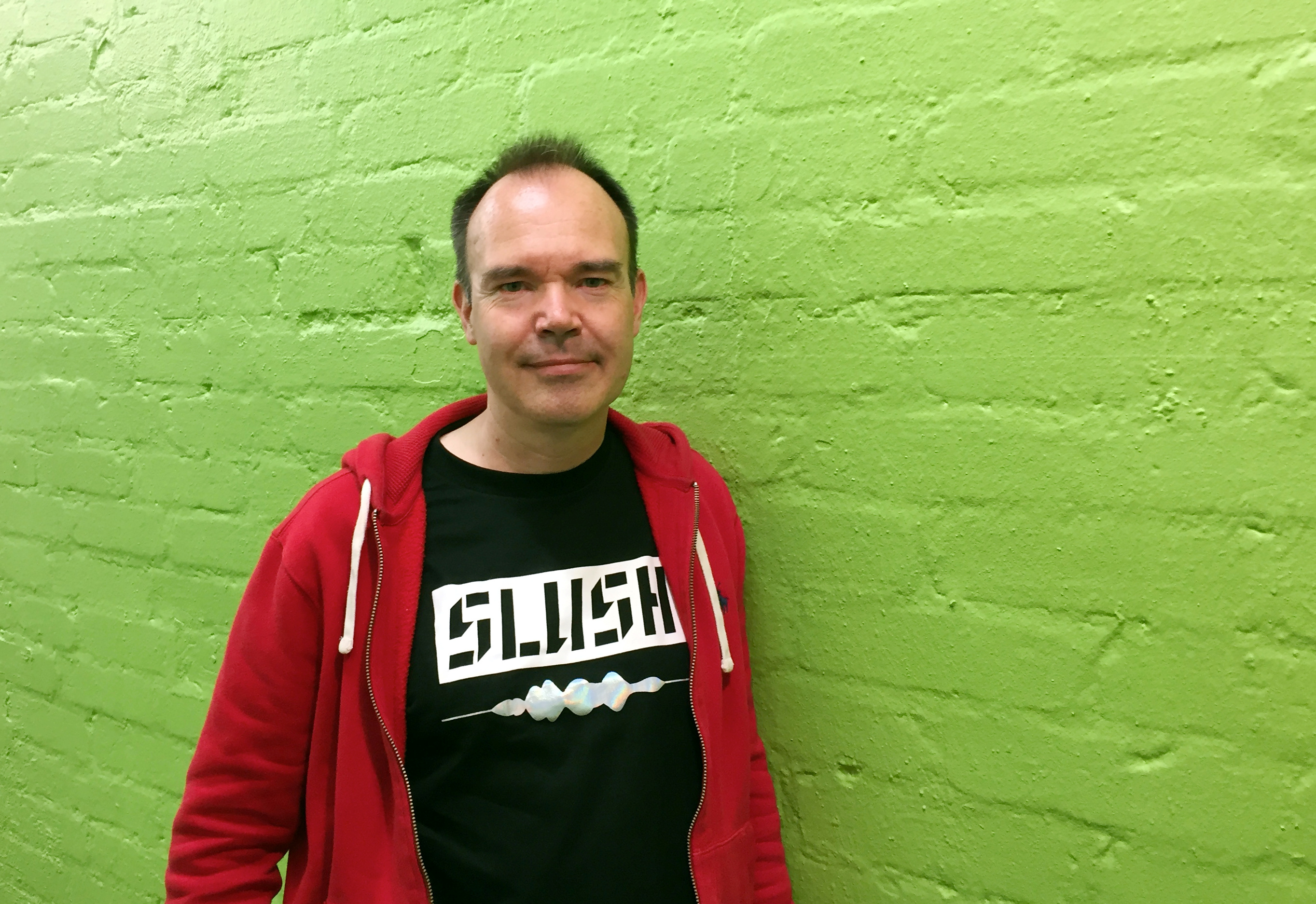Finland is open to plans by ex-Angry Birds executive for China funding of Estonia tunnel, says transport minister
Combined with a planned rail extension to Norway's Arctic coast, the tunnel could link Europe to Arctic shipping routes.

HELSINKI — Finland’s government is open to plans by a former executive at the Angry Birds game maker Rovio who wants to seek Chinese funding for an undersea train tunnel to link Helsinki with the Estonian capital Tallinn, a minister said.
The former executive, Peter Vesterbacka, wants to seek Chinese for funds for the long-standing project that has a price tag of 15 billion-20 billion euros ($18 billion-$24 billion) and which has yet to secure financial backing from the two governments and the European Union.
“I’m very open to his plans,” Finnish Transport and Communications Minister Anne Berner told Reuters by telephone. “He needs state contribution and we need private sector presence. Private money often accelerates projects.”
“It is important that this is a European project, but by stating that, we are not ruling out Chinese money,” the minister who is in charge of the project said, adding that the government was in “open dialogue” with Vesterbacka about his plans.
Berner also said more studies were needed before the two governments could determine next steps by the end of 2018.
Combined with a planned extension of Finland’s rail network to Norway’s Arctic coast, the tunnel could also link mainland Europe to Arctic shipping routes.
Finland and Estonia have for years considered linking their capitals that are divided by the Gulf of Finland. A feasibility study published in February said the planned 100-kilometer (60-mile) tunnel would cost up to 20 billion euros and could open in 2040.
Tens of thousands of Estonians work in the Helsinki area, making the weekly commute by sea, while Tallinn is a popular tourist destination for Finns. A tunnel would cut travel time to about 30 minutes from the 90-minute ride on a fast ferry now.
Vesterbacka’s proposals for the tunnel, which he has put at the center of a broader “FinEst Bay Area” scheme that aims to create a technology hub, would involve raising most funds from China, as well as some from European sources.
“Raising funds takes its time, but we don’t see it as a very difficult task,” he said. “There’s a strong demand for predictable infrastructure projects.”
Controlling interest
He said the project would fit with China’s Belt and Road Initiative, which aims to increase a network of land and sea trading links with Asia, the Middle East, Europe and Africa.
But he said any project financing would be designed to give regional authorities or investors a controlling interest.
Vesterbacka said he was in talks with Chinese and European investors and his consortium planned to start an environmental impact assessment. He also said he was early talks with tunnel boring machine suppliers.
He said the tunnel could be built by 2024, a much shorter deadline than government plans.
Estonian Economic Affairs and Infrastructure Minister Kadri Simson said other developers were also interested. “There has not been any actual actions or cooperation between the Estonian government and Peter Vesterbacka,” she said in an email.
Finland and Estonia want the tunnel project to form part of the EU’s “core network” of routes deemed vital for European and global transport flows, but has not yet won full EU support.
“The EU has been critical towards the tunnel,” Finland’s Berner said, although she said it could link up with plans being studied for an Arctic rail project between Norway and Finland, and to other ideas to use Arctic sea trade routes.
Vesterbacka has plans for a broader project that would include building a new island for 50,000 inhabitants in the Gulf of Finland where the train running through the tunnel would stop. He also wants the train to stop in Espoo, near Aalto university campus, which is a base for technology firms.
“We need to be very ambitious, we should create the world’s best talent hub,” Vesterbacka said.